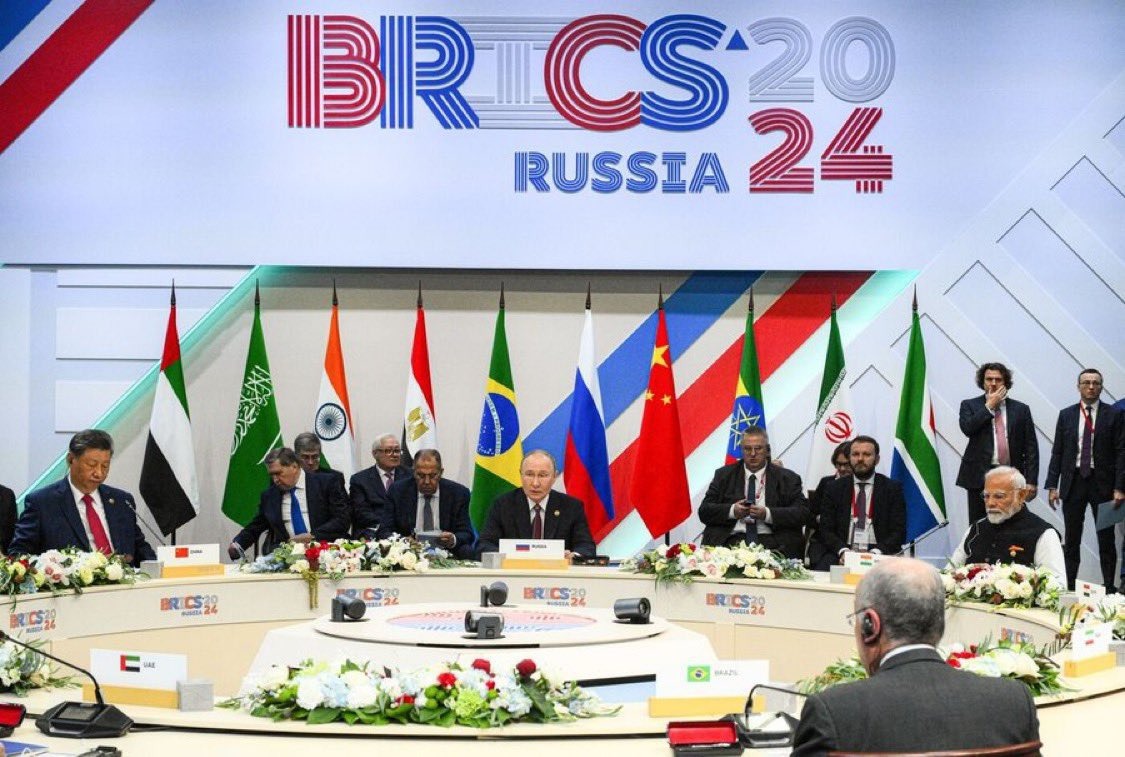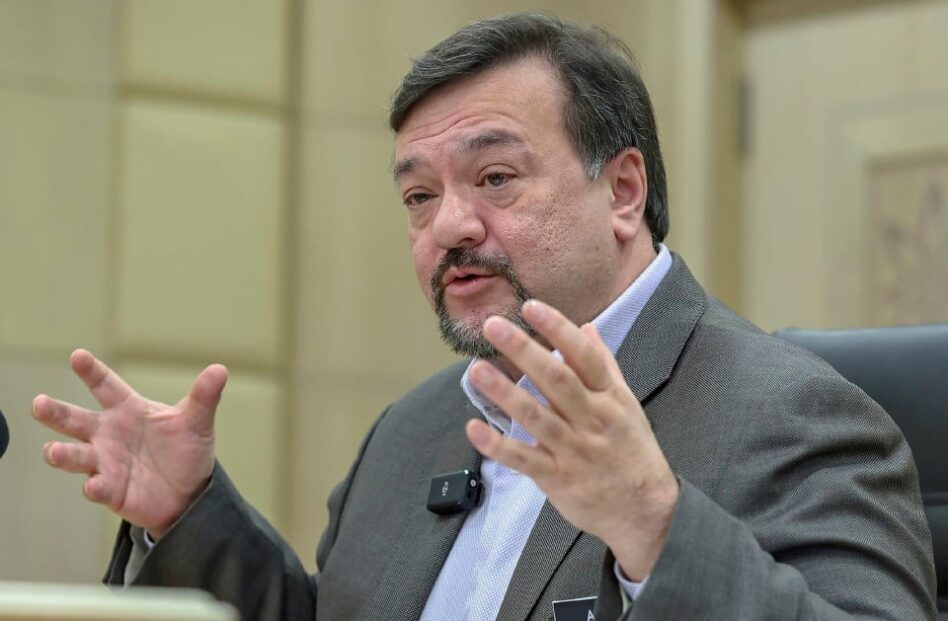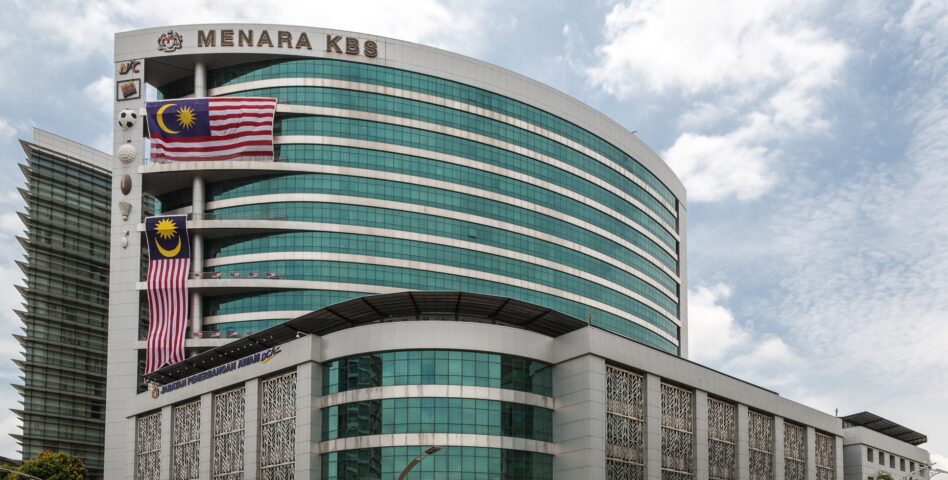BRICS was founded in 2009 as a cooperation platform for emerging economies, originally included Brazil, Russia, India, and China, with South Africa joining in 2010. Iran, Egypt, Ethiopia, and the UAE became members in January 2024.
Malaysia has been recognised as one of 13 nations officially added to BRICS as a partner country, a bloc that collectively accounts for one-fifth of global trade, apart from Malaysia, the other 12 nations were Algeria, Belarus, Bolivia, Cuba, Indonesia, Kazakhstan, Nigeria, Thailand, Turkey, Uganda, Uzbekistan and Vietnam.
The difference between being a full member of BRICS and a partner country mainly lies in the level of involvement, decision-making authority, and the depth of collaboration. Here are key distinctions and benefits of being a full member and partner member.
Full member of BRICS
Full members have decision-making power as well as voting rights and play a direct role in shaping the agenda and policies of BRICS.
They participate in high-level summits, where key decisions regarding economic cooperation, international governance, and political strategies are made.
Full members have greater influence over BRICS institutions like the New Development Bank (NDB) and the Contingent Reserve Arrangement (CRA), shaping the policies and projects funded by these institutions.
In terms of economic and trade, full members benefit from deeper trade, investment, and economic collaboration with other BRICS members, such as preferential trade agreements or joint infrastructure projects.
A full member has strategic influence as a country that is part of a powerful bloc that represents a significant portion of the world’s population and economy. This enhances its influence on global issues like financial reform, climate change policies, and geopolitical negotiations.
Full members have greater diplomatic and political alignment as part of the core decision-making process, which allows them to align with other major economies and advocate for reforms in global institutions (e.g., the International Monetary Fund or the United Nations) from a position of strength.
BRICS partner country
Partner countries do not have voting rights or formal influence over the internal decisions and policies of BRICS with limited decision making. Their role is more collaborative but less authoritative.
Partner countries can benefit from collaboration on specific projects, investments, and access to resources like funding from the NDB for infrastructure or development projects, though they do not have full control over such funding or access to economic and development initiatives
The partner member allows for flexible engagement without the responsibilities or obligations of full membership.
Countries can work with BRICS members on specific issues such as trade or research but are not bound by the same level of political and institutional commitment.
Partners enjoy economic, trade, and diplomatic ties with BRICS countries, but the relationships are usually not as deep or comprehensive as those of full members.
These can still offer significant benefits in areas like trade facilitation, investment, and cultural exchanges.
A partner country may not be required to meet certain obligations that full members must uphold but also does not wield the same level of influence in the strategic direction of BRICS initiatives thus lower commitment and lower influence.
Full membership vs partnership
Full membership of BRICS has higher strategic influence, access to leadership roles in BRICS institutions, and ability to drive and benefit from BRICS-wide initiatives.
They also have stronger voice in international politics and economic reform and more comprehensive economic and geopolitical collaboration.
Meanwhile, a partnership has less responsibility and more flexible engagement with the group, with economic and development benefits with fewer political obligations.
They are allowed to access financial resources for specific projects without needing to commit to broader BRICS policies.
In short a full BRICS member has a stronger role in shaping policies and reaping benefits from BRICS cooperation, while partner countries engage more selectively and without full decision-making power. – Oct 24, 2024
KT Maran
Seremban, Negri Sembilan
The views expressed are solely of the author and do not necessarily reflect those of Focus Malaysia.









